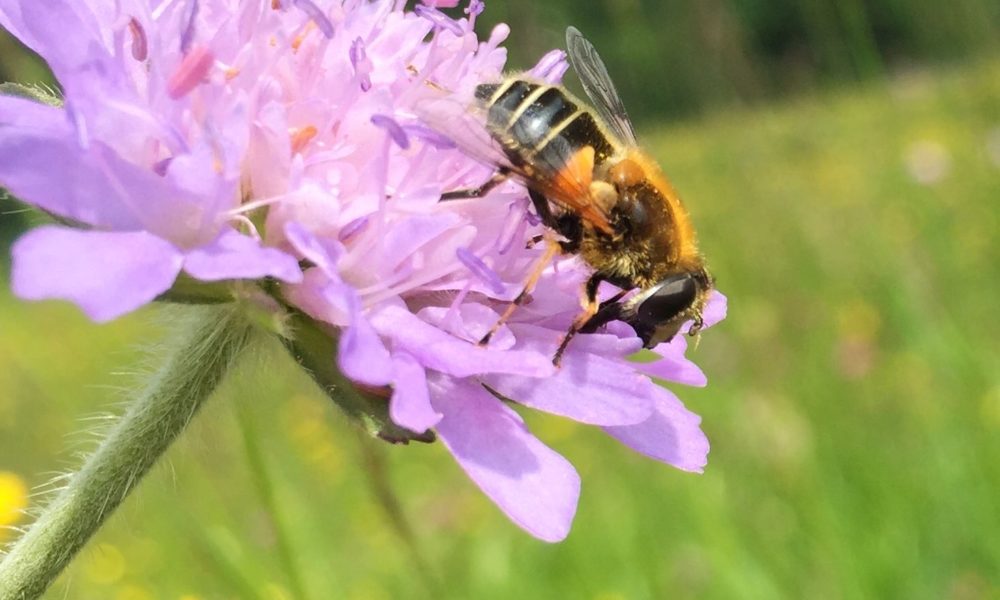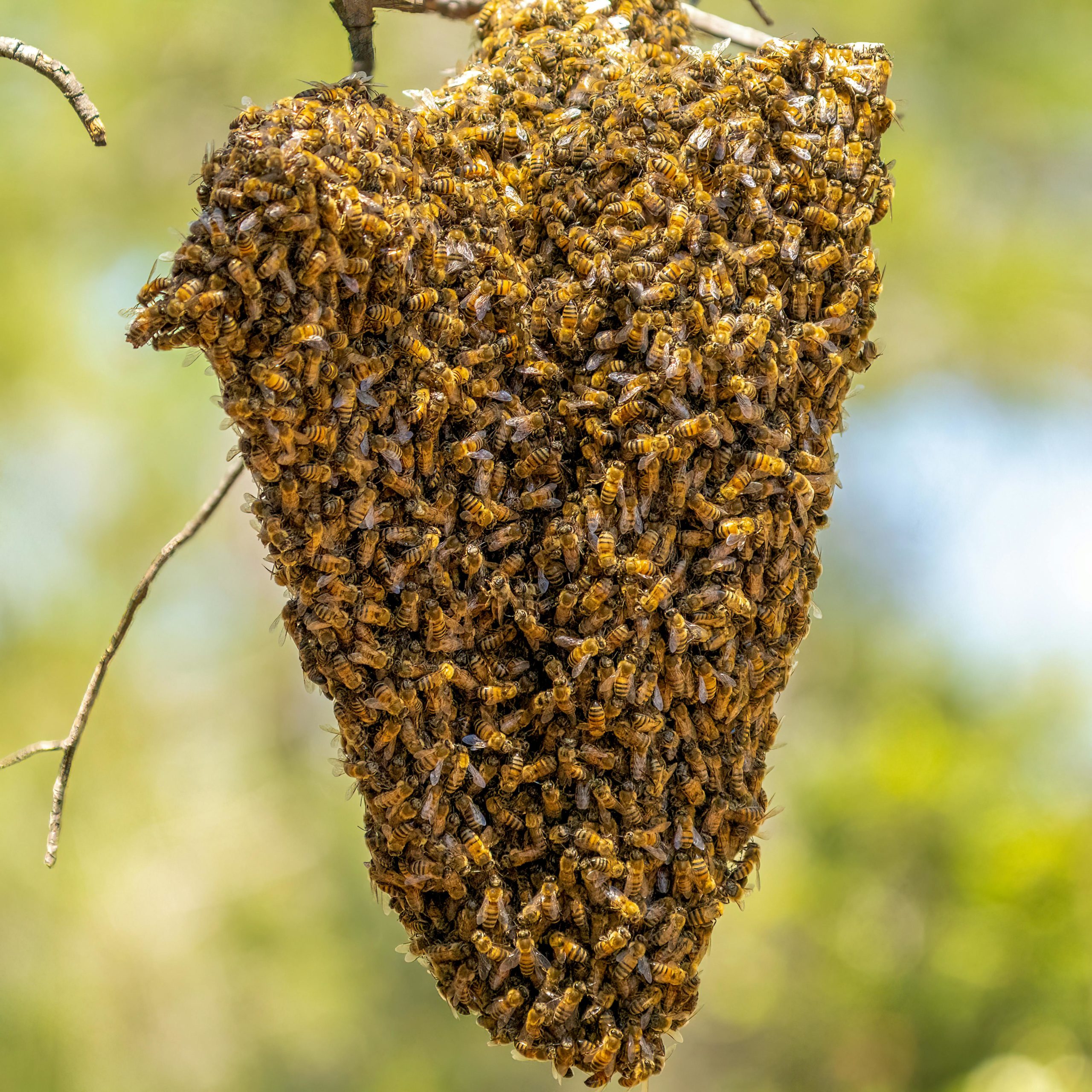
The Buzz on Bees: Good News, Big Impact, and How We Can Help
What’s all the buzz about?
Here’s a honey of a fact: bee populations are starting to rebound in some areas, thanks to conservation efforts, pesticide bans, and increased awareness. In parts of Europe where neonicotinoid pesticides have been restricted, bee numbers have shown signs of recovery. Even urban gardens and community wildflower projects have become small sanctuaries for pollinators. So yes, there’s hope for the health and vitality of bees – and it starts with us.
But to keep that momentum going, we need to understand why bees matter so much, how we’re putting them at risk, and what we can do to protect them.
Why Bees Are Essential to Life on Earth
Bees have been working alongside humans for thousands of years. Out of roughly 20,000 known species, we’ve mainly relied on just a few for honey and other products. But their true impact goes far beyond sweet treats. They all play a part in maintaining biodiversity.
Bees play a key role in pollination, which helps plants grow, reproduce, and produce the fruits and vegetables we eat every day. In fact, about 75% of the world’s most important food crops rely to some extent on pollination – and bees are by far the most effective pollinators. Without them, we’d lose access to foods like apples, coffee, cocoa, almonds, and tomatoes. Not only would our diets suffer but serious nutritional deficiencies would follow.
And it’s not just food. Bee products like honey, beeswax, and even bee venom have powerful medicinal uses. Honey has antimicrobial, antioxidant, anticancer, and anti-inflammatory properties; beeswax is used in skincare, fuel, and medicine; and melittin, a compound in bee venom, has been shown to kill cancer cells in lab studies.
How Bees Fuel the Economy
Bees also make a huge impact on the global economy. Pollination boosts the productivity of farms everywhere. Take the example of blueberries. A 2020 study found that wild bees significantly boosted blueberry crop yields, directly influencing farmer income.
Globally, bees contribute tens of billions of dollars to food production each year. In fact, pollination was linked to $34 billion in food profits in 2012 alone. Beekeeping also supports thousands of livelihoods, especially in rural areas.
And the scale is staggering. Bees build more than 80 million hives a year and produce about 1.6 million tons of honey annually!
How Humans Are Harming Bees
Unfortunately, our modern lifestyle is taking a serious toll on bee populations. But understanding what we’re doing exactly is essential to knowing how to protect them effectively. Here’s how we’re harming them:
- Urban development has wiped out natural spaces like wildflower meadows – almost 97% of them have disappeared since the 1930s.
- Pesticides and herbicides, especially systemic ones like neonicotinoids, poison bees and destroy their food sources.
- Invasive species, like the Asian hornet in Europe, spread diseases and wipe out native bees.
- Climate change causes flowers to bloom earlier or later than usual, leaving bees without food when they need it most.
- Even beekeeping, when not done sustainably, can spread parasites like the varroa mite, which devastated honeybee populations in the UK in the 1990s.
What You Can Do to Help
The good news? There’s a lot we can do to protect bees, and most of it starts close to home.
- Grow native plants and wildflowers in your garden or on your balcony.
- Skip pesticides and leave some weeds – bees love them!
- Avoid over-mowing and trimming too often. A little wildness is great for pollinators.
- Support local beekeepers and sustainable honey.
- Join organizations like the Xerces Society that work to protect pollinators.
You can also help track bee activity by reporting sightings. Every observation helps researchers understand what’s happening out there.
Celebrate Bees on May 20: World Bee Day
May 20th is World Bee Day, the birthday of Anton Janša, a Slovenian pioneer of modern beekeeping. It’s a reminder that bees don’t just benefit the planet – they help sustain us. They work tirelessly. They ask for little. And they give us so much in return. Let’s honor their hard work by creating a world in which they can thrive.
Let the buzz be heard: bees matter – for our food, our health, and our future.


